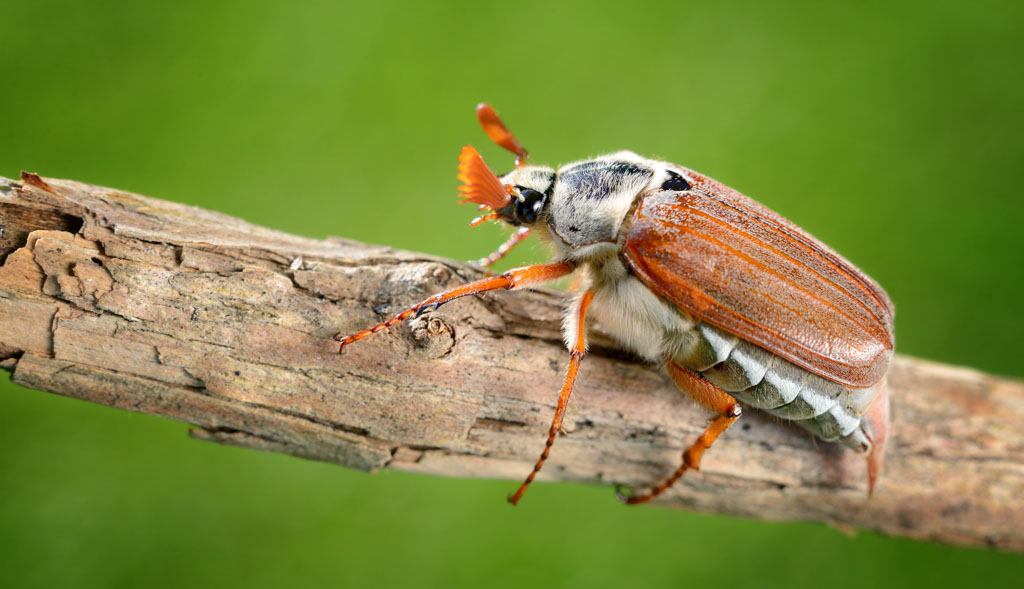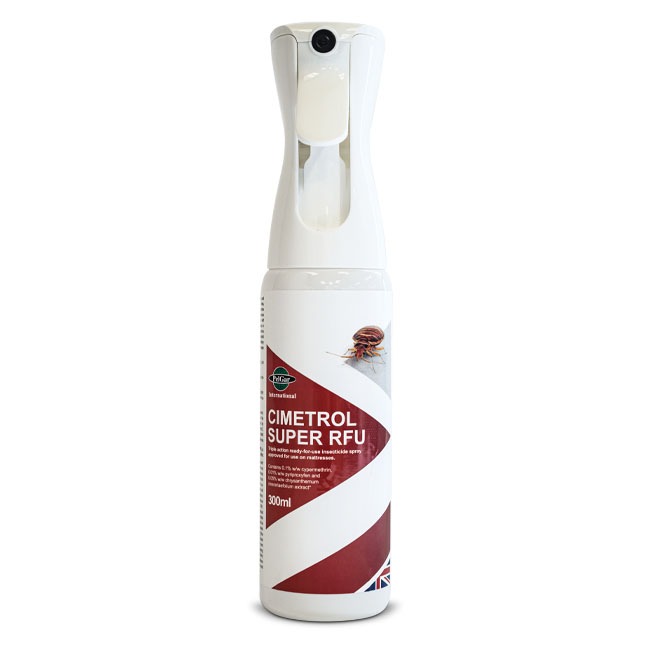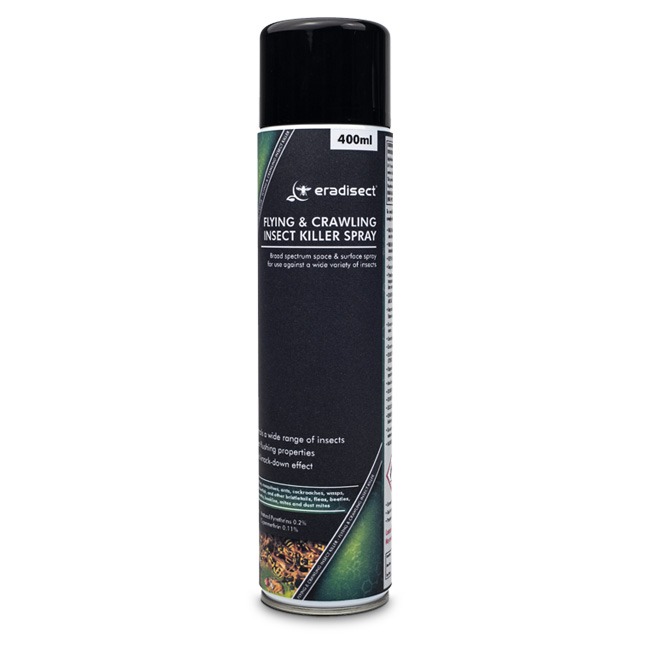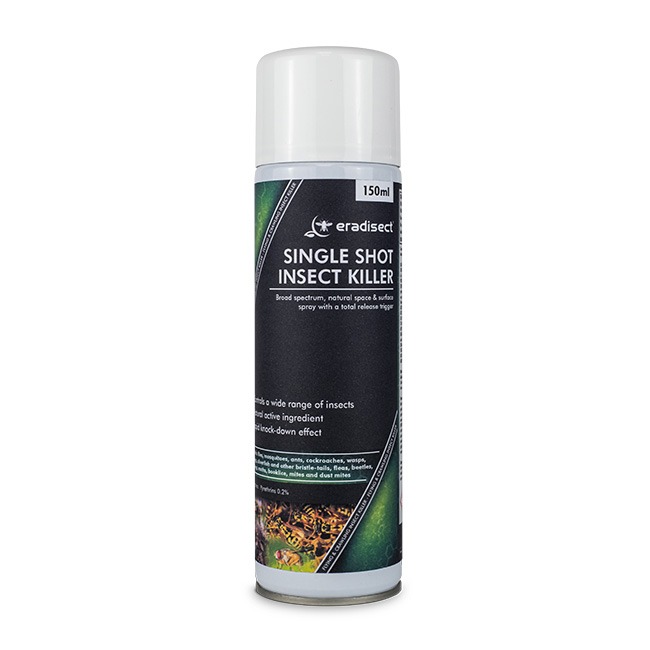Cockchafer (Maybug) (Melolontha melolontha)
 |
Sometimes called the 'May Bug' because of the month they normally appear. Although they are not so common now, where they can be found, they are often seen in large numbers swarming around trees and bushes. They are attracted by light and often enter premises through open windows or falling down chimneys during the evening. They do not bite or sting and are not a danger to health. They originate from outdoors in over grown gardens or undisturbed ground.
Identification:
Size: about 30mms in length. Colour: range from light brown/grey to dark brown/black Found throughout the UK, but are more common in the south, often seen flying at dusk from May to July.
Biology:
The cockchafer has a three year life cycle. After mating the female digs about 20cms into the soil to lay her 10 to 20 eggs. The eggs hatch after 21 days and the larvae remain in the soil for a further two years feeding on roots. The larvae are white with a brown head. They are equipped with a strong pair of pincers for chewing through roots. By the end of this period they are about 5cms long and are ready to pupate in the soil. After pupation, the adult beetles emerge in October, but remain in the soil until the following spring.
Control:
Not considered to be of public health importance. Individual insects can be killed using an aerosol insect spray suitable for indoor use. Installation of fly screen mesh over doors and windows can aid to stop them entering premises.
Products to control Cockchafer (Maybug):
|
Cimetrol Super RFU (300ml) |
Eradisect Flying and Crawling Insect Killer (400ml) |
Eradisect Single Shot (530ml) |



